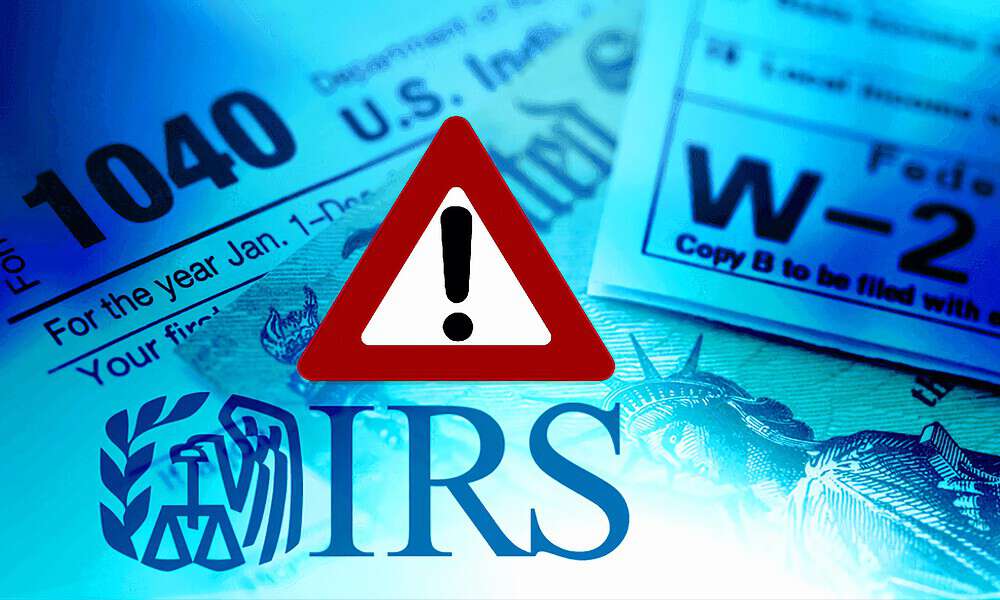Internal Revenue Service (IRS) has announced when to file your taxes. Receipt of settled tax returns for the 2023 tax year begins when the 2024 tax return season begins on January 29.
To make the submission process easier, we provide you valuables IRS recommendations Ensure correct preparation of your returns and avoid potential errors that could delay processing and refunds.
When should you file your 2024 tax return in the United States?
Here are some important dates for filing taxes in the US in 2024:
January 12: Targeted at taxpayers with income up to $79,000 in 2023, the IRS has unveiled a 'Free File' tool that allows them to file their tax returns for free. The IRS recommends that you have your returns ready to use this tool from this date on as the season begins on January 29, so that the agency can process it.
January 29: Acceptance of individual tax returns by the IRS for processing.
April 15: Request a deadline for filing your tax return or an extension to file later in the year.
April 17: Deadlines for taxpayers in Maine and Massachusetts to file their tax returns or request an extension.
October 15: Last day to file tax for successful extension claimants.
Important documents for filing your taxes for the 2024 tax season:
Form W-2:
This form, issued by an employer who paid you $600 or more in the 2023 tax year, must be included in your paperwork, even if no portion of the income, Social Security contribution, or Medicare tax is withheld.
1099 forms:
- 1099-G: Relates to “certain government payments,” such as unemployment benefits. Tax payments for unemployment benefits vary by plan.
- 1099-DIV: Must be received if you received at least $10 in dividends from a company's stock or if you received dividends from part of a company.
- 1099-R: Relates to funds distributed by retirement plans, including annuities, pension plans, and IRAs. You will receive this form if you earned at least $10 in the 2023 tax year.
- Form 1099-MISC and 1099-INT: For miscellaneous income and interest payments, respectively, both should be considered if you earned at least $10 in these items.
- Form 1099-K for Payments Through Applications: This form covers transactions made through payment institutions. For example, like Venmo and CashApp and online businesses like Etsy or eBay. Anyone who receives more than $20,000 or makes more than 200 transactions in 2023 must report it to the IRS.
For the second year in a row, it's important to be aware of the news, as the IRS has delayed a rule requiring these forms for businesses making payments of $600 or more in a single transaction through these apps or online. Merchants.
“It is important for taxpayers to understand the reason they receive Form 1099-K and to use it with their financial records to correctly identify income on their tax return,” the IRS noted.
Form 1095-A with Health Insurance Marketplace Report:
This form describes advance payments for health insurance received through the Health Insurance Marketplace. To avail premium tax credit, certain requirements must be met. File a tax return with Form 8962, Premium Tax Credit, according to the IRS.
The IRS cautions that you should be aware of key dates and keep records of them. This will ensure consistent filing of tax returns and contribute to efficient processing by the IRS. Prepare early for a successful 2024 tax season!

“Music ninja. Analyst. Typical coffee lover. Travel evangelist. Proud explorer.”

:quality(85)/cloudfront-us-east-1.images.arcpublishing.com/infobae/TEQF6EONZRFGLLLDIDD4L2O4EE.jpg)

:quality(75)/cloudfront-us-east-1.images.arcpublishing.com/elcomercio/XU32LRAEZFDDPNVHLFU3CKVBYY.jpg)



More Stories
Earthquake in the US today, Wednesday, May 29 – Earthquake’s exact time, magnitude and location via USGS | USGS | composition
President Arrivalo is left with no alternatives to dismissing the Attorney General
Passenger dies after jumping off world’s largest cruise ship in Florida